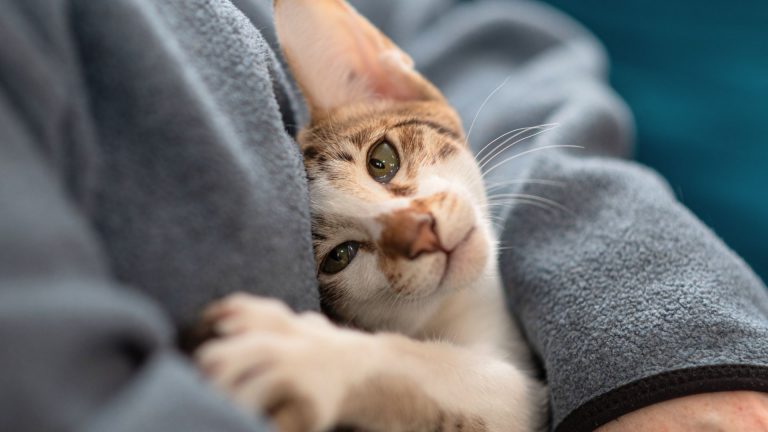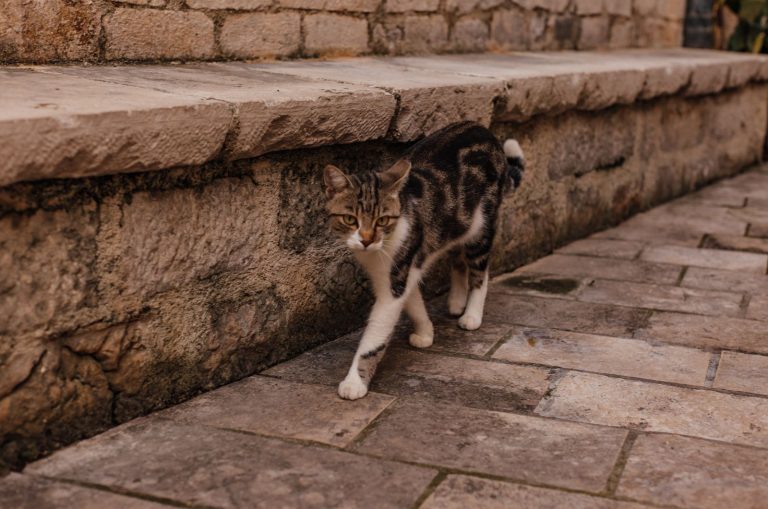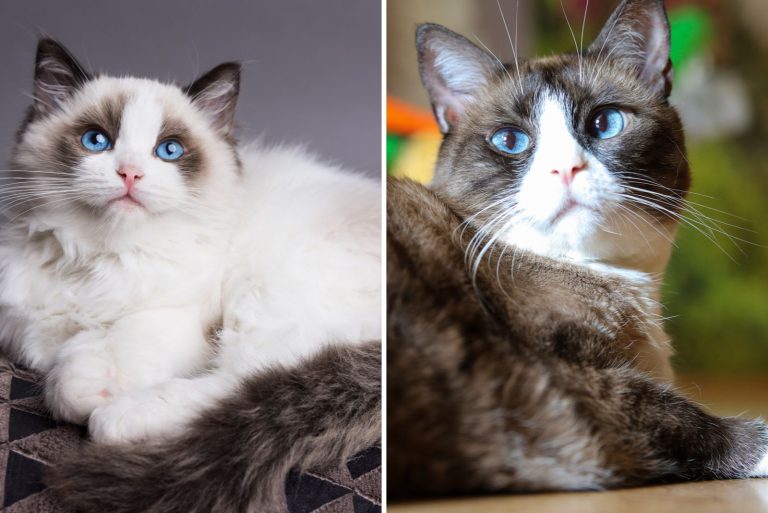Is It Possible Prednisone Killed My Cat? All You Need To Know
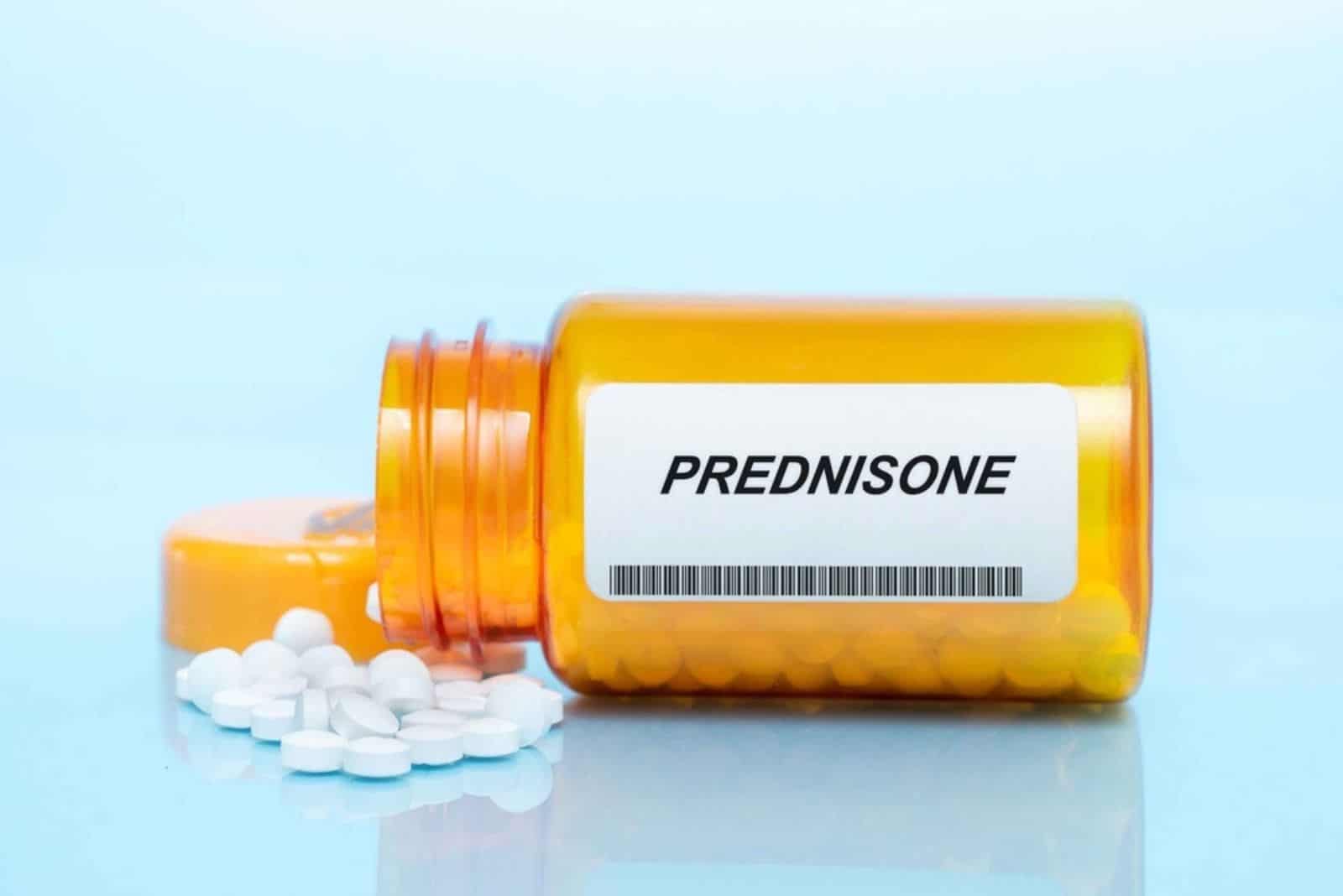
A pet’s health and well-being is the most important thing for its owner to consider. As cat lovers, we do our best to provide them with all the care and attention they need.
We talk so much about steroid use in veterinary medicine as it can improve many things, but side effects, both good and bad, are inevitable.
We all want to improve our cat’s quality of life, but do we really need steroids like prednisone for that?
You may have heard people claim that ‘prednisone killed my cat’, and this naturally makes us wonder whether we really want to include it in our cats’ medical treatment.
Prednisone cannot kill a cat if it is given in small doses, but a very high dosage could potentially harm your pet or even end its life.
Never use it without your vet’s detailed advice and instructions!
Always remember that any medication that can be great can also have side effects, and it can be dangerous if misused. Some medications are more harmful than others.
Prednisone, given in the right doses, can be extremely helpful for your cat’s health.
Is It Possible That Prednisone Killed My Cat?
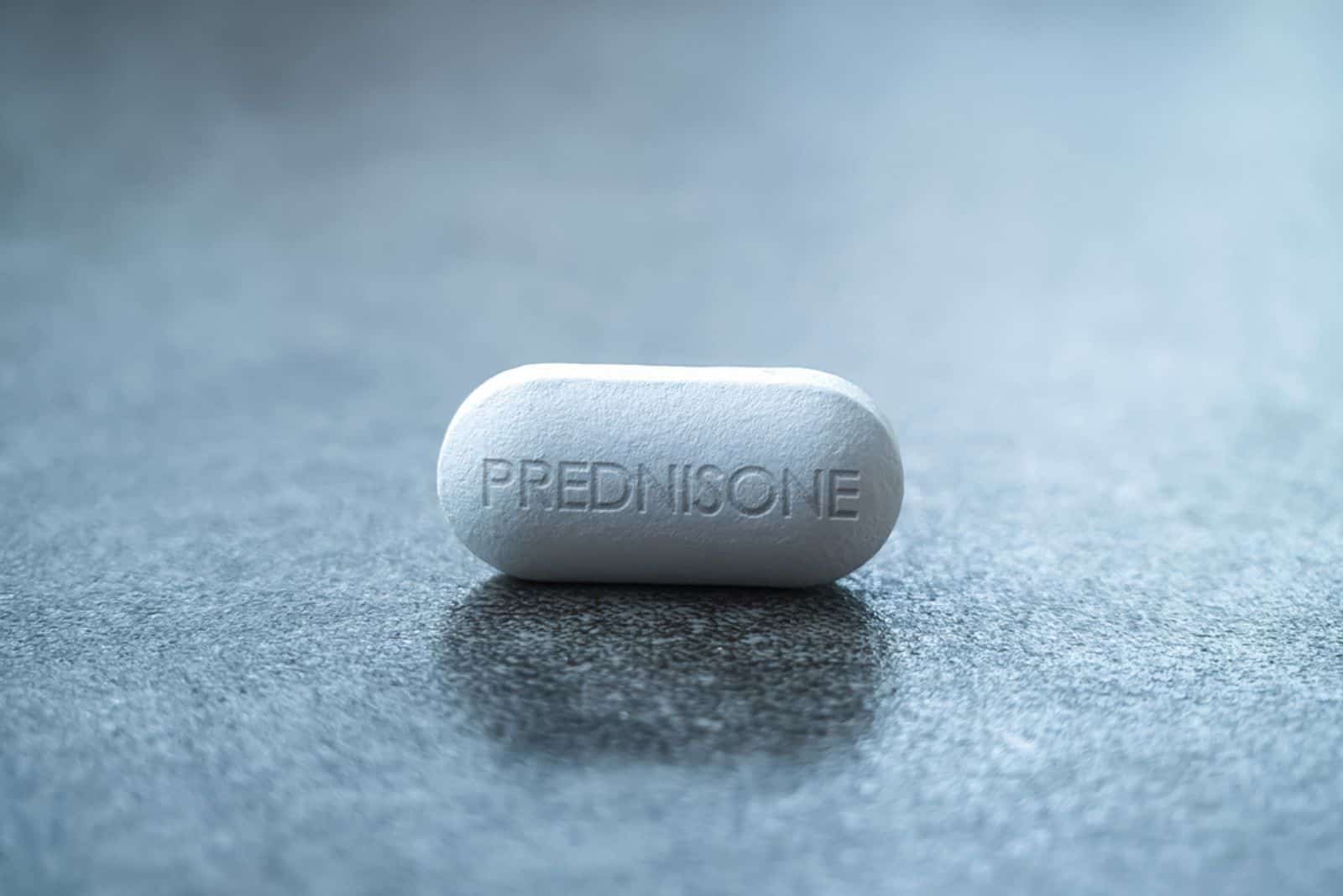
Prednisone and prednisolone belong to a group of steroids that are commonly used to relieve inflammation and swelling. These are powerful drugs that can have serious side effects.
Prednisone and prednisolone are some of the most frequently prescribed medications for cats to give short-term relief for inflammatory conditions.
Cats are much smaller creatures than us, so the high doses of steroid medications that are typically prescribed for humans are not suitable for cats, as they require comparatively low doses.
Due to the risk of side effects and addiction, veterinarians may start a very short-term course of prednisone for cats at a higher dose.
The cat is then swiftly weaned off the medication until the symptoms or inflammation have reduced.
Do You Mean Prednisone Or Prednisolone?
The adrenal glands of cats, which are near the kidneys, create a hormone called cortisol.
Cortisol performs several tasks, including dissolving glucose to be used as energy and also assisting the cat’s immune system in its reaction to inflammation and swelling.
Prednisone and its processed version, prednisolone, are steroids, which are highly potent synthetic analogs of cortisol.
Prednisone and prednisolone should not be used in kittens or pregnant cats due to their possibly hazardous adverse effects.
Why Do They Exist?
Maybe the concept of steroids with cats makes you imagine your cat growing muscle mass and being ripped, such performance-enhancing medications are anabolic steroids that build up. Catabolic steroids, on the other hand, degrade.
The liver of a cat converts prednisone to prednisolone. Prednisolone is given to cats that have weak or weakened livers.
Prednisolone is favored for use in cats over prednisone since it is unknown if cats can metabolize it into prednisolone.
Why Use Them On Cats?
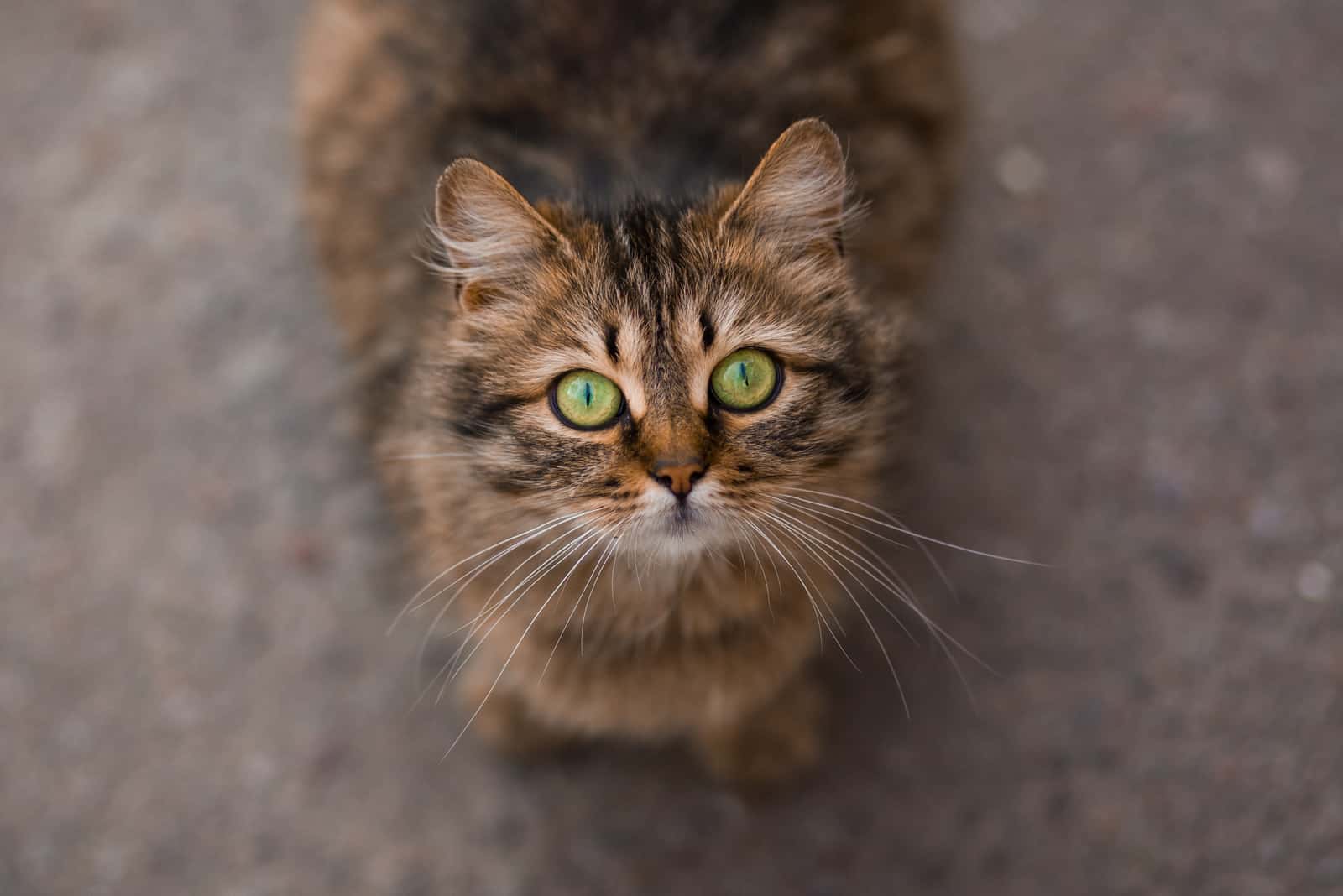
Prednisone is typically administered to cats as a short-term anti-inflammatory treatment. Prednisone for cats can be effective in kitties suffering from swelling caused by allergies as it lowers inflammation.
These include treating skin irritation caused by flea bites as well as allergic reactions to bee stings.
Prednisone is also used to treat autoimmune diseases and all types of internal swelling in cats, whether the cause is an upper respiratory infection, bronchitis, pancreatitis, or inflammatory bowel disease.
While the most common use is to minimize or suppress edema in cats, prednisone and prednisolone for cats are sometimes used as long-term steroid treatment for cats with more severe health issues.
Prednisone for cats is used as a long-term therapy option as an immune system blocker to cats being treated for diseases such as lymphoma, allowing other treatments a chance to work.
Prednisone for cats is also used to treat brain swelling caused by head trauma, as well as long-term joint discomfort and mobility difficulties caused by osteoarthritis.
Is Prednisone Safe For Cats?
Prednisone should only be administered under the supervision of a veterinarian in accordance with all dosing recommendations. To establish the proper dosage, your vet should evaluate all the relevant aspects of your cat’s health.
Apart from the cat’s renal condition, which influences the choice of prednisolone over prednisone, the following key dosage parameters must be considered:
• cat’s age
• current weight
• general wellness and health
Is Prednisone Harmful For Cats?
An adrenal crisis can develop if cats are suddenly taken off this medication or if they have their dose reduced too quickly. This can result in a sudden absence of cortisol inside the cat’s body, resulting in serious illness or death.
In most cases, prednisone has no serious side effects. However, there is a risk that your cat may experience some side effects. Steroids aren’t recommended for long-term use in felines unless absolutely necessary.
Long-term use of prednisone can cause a lot of serious side effects, including increased predisposition to infections, weight gain, extreme urination, excessive gasping, retention of fluids, hair loss, and behavioral changes.
If your pet is just starting prednisone, monitor them carefully for the next few days. If your cat has severe side effects, stop prednisone and consult your veterinarian immediately.
Prednisolone shouldn’t be administered to cats with liver or kidney disease. It can also result in birth defects, so it’s not suitable to be given to pregnant felines.
In summary, short-term use of prednisone is generally safe when administered appropriately and under your vet’s supervision.
How To Give Prednisone To Cats?
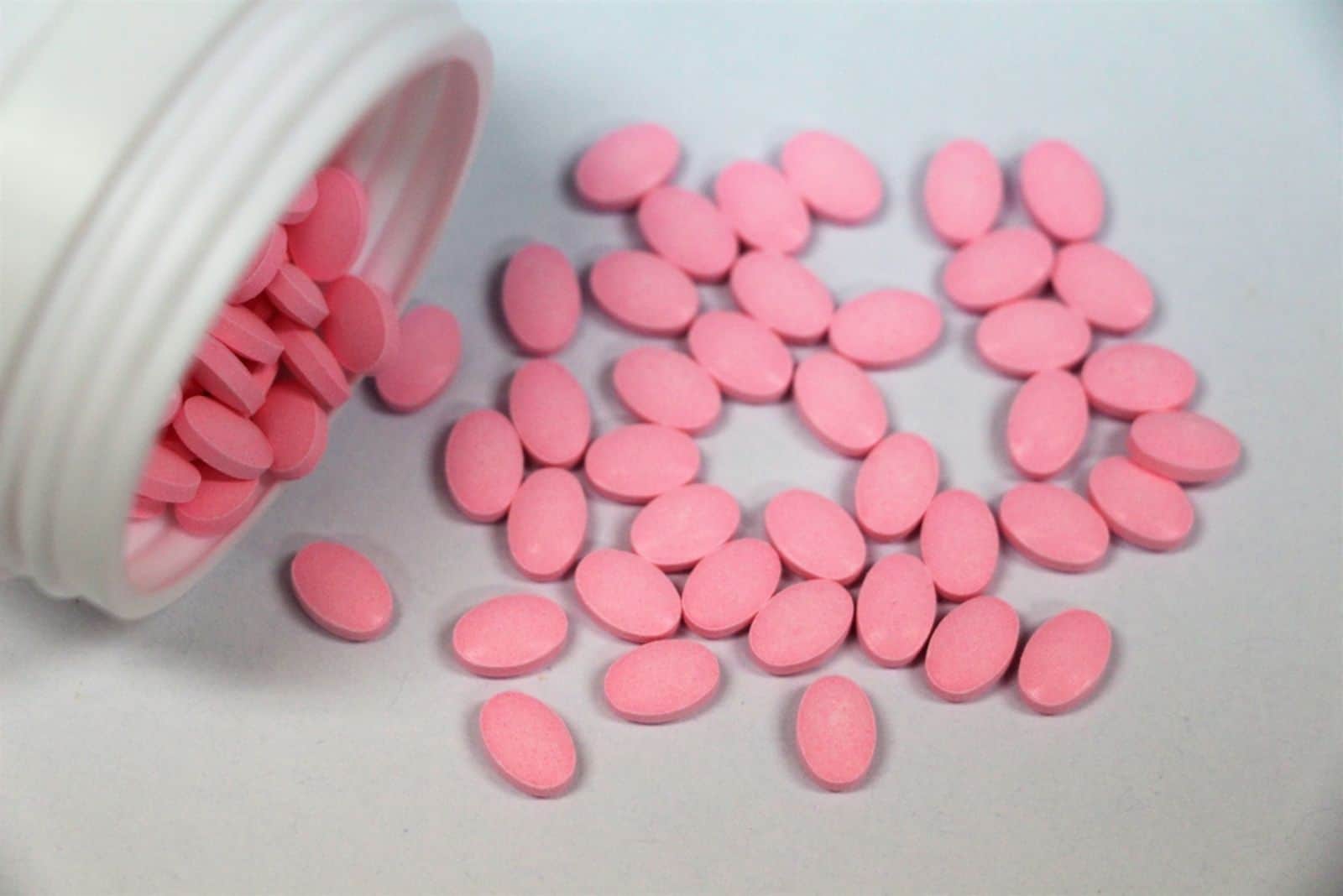
Prednisone for cats is available in several forms, including pills, oral solution, syrup, ocular drops, and direct injection.
The type and dose of prednisone for cats depend on the situation, and each cat’s therapy will be determined by the vet. As a result, vets may advise you to administer the medication along with the cat’s food during meal times.
Side-Effects Of Prednisone For Cats
Prednisone is an exceptionally potent corticosteroid that is most successfully and safely administered to cats as part of a short-term therapy strategy.
Even a short-term therapy used incorrectly can result in serious withdrawal symptoms, and that’s only the beginning. The more prednisone or prednisolone a cat is given, the more serious the negative effects can become.
Potential side effects in adult cats include:
• behavioral changes such as aggression, lethargy, anxiety, depression, etc.
• difficulty breathing
• impaired healing, i.e. even small injuries take longer to heal
• sensitivity to infections: cats may be more susceptible to bacterial and viral infections
• skin irritation
• hair loss
Prednisone’s adverse effects on a cat’s digestive system alone warrant a separate list of side effects:
• increased appetite
• gastrointestinal ulcers
• diarrhea and vomiting
• urinary tract infection (caused by increased urination)
• type two diabetes (diabetes mellitus)
All in all, like any other powerful synthetic steroid, prescription prednisones should not be taken lightly.
Prednisone Alternatives For Cats

It might all sound frightening, but these medications should be seriously considered. Short-term and long-term prednisone therapy can be very successful when carried out under veterinarian care.
Following the dosage instructions closely will help to reduce the risk of any severe adverse effects.
Is it possible to avoid prednisone and prednisolone? Alternative supplements do exist. Your cat’s veterinarian will assist you in determining the most appropriate and, ideally, cost-effective treatment choice.
Pros Of Corticosteroids
Corticosteroids, in general, have several benefits; they act as an anti-inflammatory and anesthetic ( painkiller). They reduce inflammation, swelling, discomfort, and itching (particularly allergic dermatitis).
As steroids reduce inflammation, they are also particularly useful in the first treatment of pets with severe shock and neurological conditions (e.g., spinal and brain traumas).
They also modify the immune system of the pet, preventing the body from killing itself in immune-mediated illnesses, including lupus, diabetes (which will show up in blood tests), hemolytic anemia, and overall blood clotting abnormalities (diagnosed via blood work), and rheumatoid arthritis (visible via x-rays).
Corticosteroids can even destroy cancer cells in pets suffering from different malignancies when given to them by a professional vet.
Cons Of Corticosteroids

On the negative side, corticosteroids can impair wound healing while raising the risk of infection owing to immune suppression in high concentrations.
They may also contribute to the progressive degeneration of arthritic joints by lowering collagen and proteoglycan production, making them unsuitable long-term therapeutic options in most arthritic cats.
Obesity, thyroid-related illnesses, pancreatitis, diabetes, osteoporosis, and adrenal disease can all develop if prednisone is used for a longer period of time, and corticosteroids in general.
Steroids enhance hunger, water consumption, and urine production in the short term.
Finally…
If your cat needs prednisone or prednisolone at some point in its life, you should talk to your vet and see if tapering the dosage and weaning your cat off of it is possible.
Is it possible that prednisone killed my cat?
I say no, prednisone is not likely to directly kill your pet cat; however, side effects of this steroid are sometimes inevitable and they can be serious.
Hopefully, I’ve rid you of any doubts concerning prednisone, and corticosteroids in general. Some pet owners consider prednisone as a harmful threat, but it can actually be a very helpful solution if given in the right doses.
If your pet cat suffers from any illness or condition that requires prednisone, talk to your vet and decide together on the right course of action.
Keep in mind that prednisone can do wonders and be very helpful to your cat if handled professionally and safely!
Related articles:
• Top 9 Natural Home Remedy Antibiotics For Cats: User Guide
• At-Home Deworming For Cats: What You Should And Shouldn’t Use



